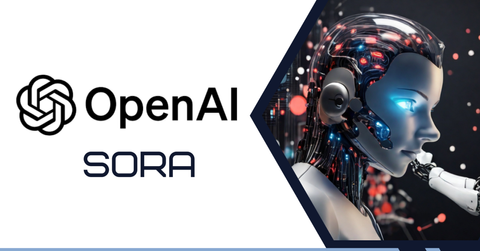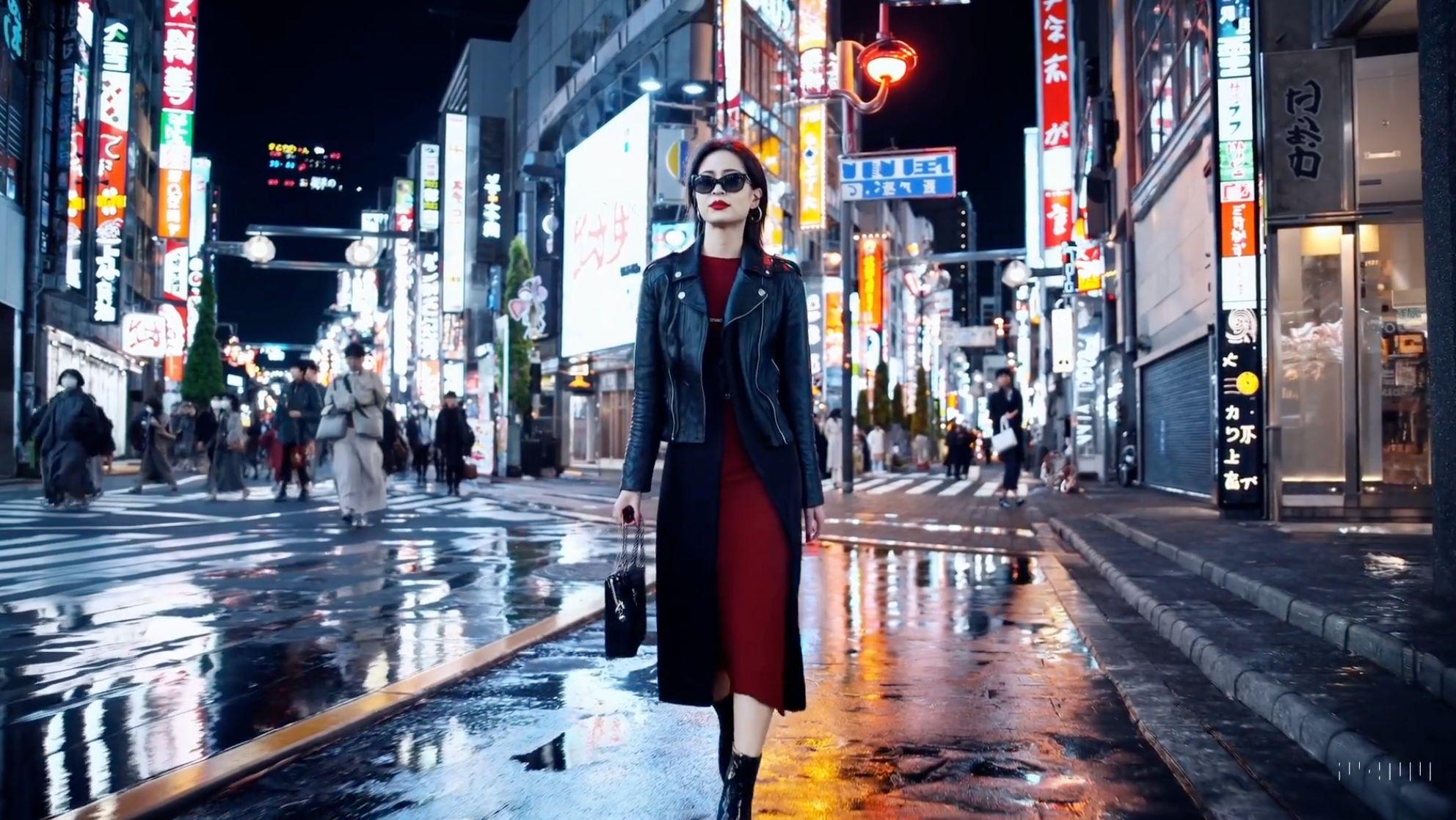
Open AI’s new text-to-video platform Sora’s raises questions about the fate of TV and Film
AI-generated video is here. Well, almost here. OpenAI announced its new text- to-video model called Sora.
By Catherine McGrathMarch 7 2024, Published 3:04 p.m. ET

The technology can generate complex scenes with interactions between characters in visually appealing backdrops. The announcement showcased the technology’s potential with breathtaking clips ranging from a slow motion scene of a stylish woman strutting toward the camera down a Tokyo street to an animation of a cute, fluffy monster sitting beside a melting, red candle. Instructed to generate, “historical footage of California during the gold rush,” Sora produced a twenty-five second bird’s eye view through a community of wooden shanties beside a river.
The technology is not yet available to the public. It is currently being assessed for risks and harms by red teamers and “a number of visual artists, designers and filmmakers to gain feedback on how to advance the model to be most helpful for creative professionals,” according to OpenAI’s February 15th announcement.
But, in some ways text-to-video technology like Sora poses a large threat to creative professionals. In response to OpenAI’s announcement on X, formerly known as Twitter, one user commented, “You scientists are so preoccupied with whether or not you can, you don't stop to think if you should.” Another user commented, “This is exactly what SAG-AFTRA was scared about.” These commenters are referring to an ongoing debate in our society: Will AI take over our jobs?
Last summer, Hollywood was brought to a stand still when actors and writers walked out of their jobs beginning a six-month long strike. The unions demanded to negotiate a deal that would protect their jobs from being usurped by AI systems like ChatGPT. In December, SAG-AFTRA voted to ratify a three-year contract but some members feared the deal didn’t provide strong enough protections for background actors and stunt performers. With Sora and other top notch text-to-video programs actors, cinematographers, directors and writers have a new reason to fear AI.
Grace Burdick, 30, an actress and producer living in Brooklyn, is terrified by the prospect of AI interfering with her career. “Especially for people who are trying to save money, for people who are making low budget projects, if you can cut out, you know, paying actors and make your movie anyways, I think there's people that would choose that, ” Burdick said. She said that she broke into the industry by doing background work and worries that those stepping stones won’t be available for young aspiring actors.
She might be right. According to Daniel Gervais, a professor of intellectual property, copyright and AI law at Vanderbilt University, production companies like Netflix might opt for AI-generated content like Spotify does. Spotify populates part of its playlists with AI-generated songs because it saves them a significant amount of money on copyright fees, Gervais said. “So you can really just produce thousands and thousands and just throw all of them at people and see which ones stick a little bit like the old spaghetti recipe,” he said. “You just throw the noodles on the wall, see if they stick.”
At the moment, Sora cannot produce two and a half hour movies with complex narratives and stellar acting but Gervais believes that they will soon. When that happens, Gervais said, production companies will utilize AI to generate mini-series and other content. “I think the more they can produce and of course, not just Netflix, everybody, they can reduce their production costs by using AI, they will do so,” he said. But, he questions whether AI could produce a film worthy of an Oscar.
Even if the academy does nominate Sora for an Oscar someday, is that the point of film and television? “If you’re not in the entertainment and film industry because of people, I don't know why you’re here,” Burdick said.

